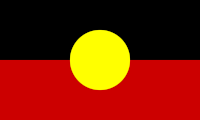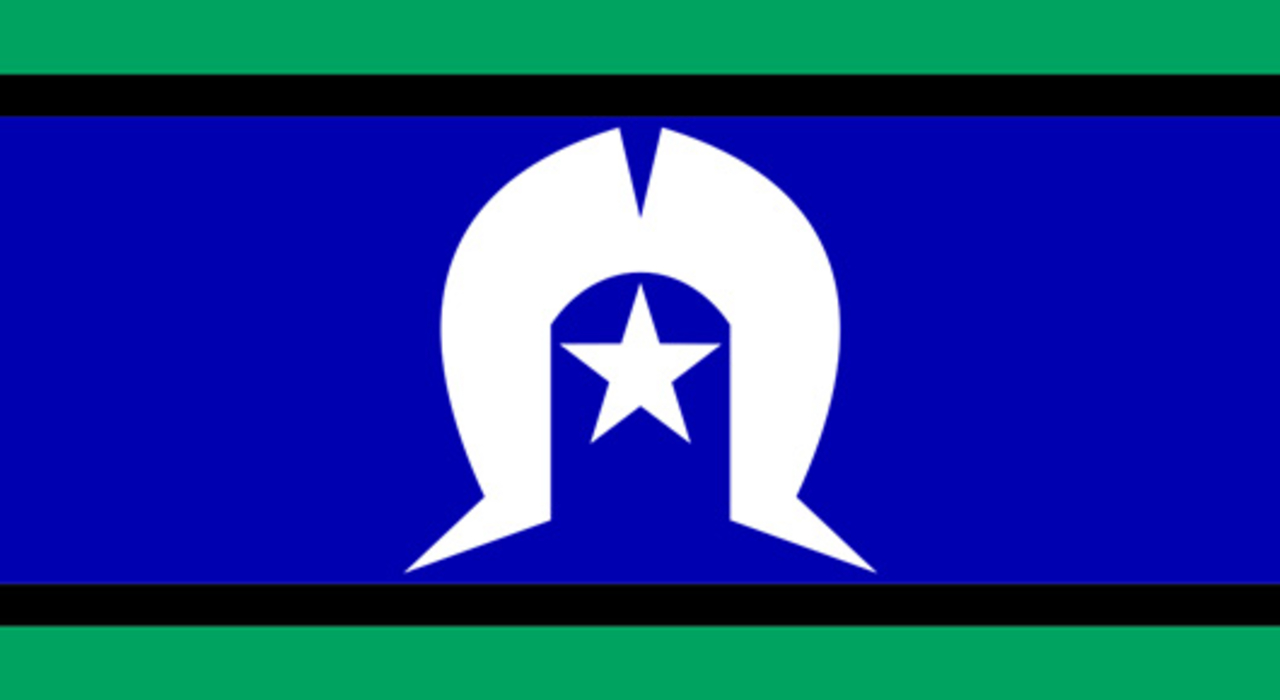New laws introduced into the Victorian Parliament will transform the process for providing financial assistance to victims of crime.
The Victims of Crime (Financial Assistance Scheme) Bill 2022 will see the Victims of Crime Assistance Tribunal (VOCAT) replaced with an administrative Financial Assistance Scheme that is built around the needs of victims and aims to minimise trauma.
The reforms, which are expected to commence operation in the second half of 2023, progress the recommendations of a review by the Victorian Law Reform Commission which addressed a recommendation of the Royal Commission into Family Violence.
Once in place, victims will no longer have to apply to VOCAT to have their applications determined. Under the new scheme, applications will be simplified to make the process easier to navigate for victims, with no need for a hearing or to face perpetrators. Victims will be able to receive a victim recognition statement that acknowledges the effects of the crime as well as a plain language, written statement of reasons for decisions.
In an Australian first, the Bill also allows victims to request a victim recognition meeting where they can talk about the harm caused to them and have their experience acknowledged by a scheme representative, expressing their condolences on behalf of the government.
Other improvements include expanding the eligibility for people who can apply for assistance to recognise Aboriginal kinship relations, LGBTQI chosen families and other family members that an applicant may consider to be close family. The scheme will also recognise children exposed to family violence as victims in their own right.
Importantly, the Bill will also increase the time limit in which victim survivors of sexual assault or family violence can make a claim from two years to 10 years and provides an oversight role for the Victims of Crime Commissioner.
(Source: Premiers Media Centre, 6.4.22)
Court Network is launching a new model of service operation on Tuesday 10 May. In the last two years, Court Network has gone from operating a single, one-off, in-court support service model to operating two new and complex service models.
Services are now provided by highly trained volunteers in person, remotely (telephone or video hearings) and via telephone helpline across all stages in which court users engage with court processes – before their court date, on the day and post court hearing.
(Source: Court Network email via Northern CLC, 13.4.22)
The Department of Health, in partnership with the Centre for Excellence in Child and Family Welfare, is now offering interactive MARAM Brief & Intermediate training for workers in Mental Health and AOD sectors during May.
The MARAM training is delivered in two parts: a self-paced eLearning module (approximately 30 mins), followed by a 3-hour live online workshop. Both modules are free and must be accessed via the Centre for Excellence’s Learning Management System (LMS).
Registration information: The course will appear as ‘2022 MARAM Intermediate Level Training’. Click here to register in the LMS.
(VAADA eNews, 11.4.22)
A Family Violence Memorial has been unveiled at St Andrews Place, Melbourne to honour the lives of those lost to family violence. It has been established as a space to stand in solidarity with victim survivors and share in hope and healing.
The memorial also shines a light on the vital work being done in Victoria to build a future free from violence and the role we all have to play in this and serves as a permanent reminder to those experiencing family violence that support is available to them.
Designed in partnership with members of Victim Survivors’ Advisory Council and the City of Melbourne, the memorial places the stories and shared hopes of victim survivors at its centre. It holds space for the lives lost, and the potential those lives held, as well as a place for hope for a future free from violence.
(Source: Premiers Media Centre, 5.4.22)
The federal government announced a $104 million technology-focused package to prevent family violence including a $20 million fund for states and territories to trial electronic monitoring of high-risk offenders; $54.6 million to support victim-survivors to stay in their own homes with security assessments and upgrades; and $26.6 million for online safety initiatives including for the eSafety Commission to provide direct support to victim-survivors of technology-facilitated abuse.
(Source: AWAVA newsletter, 22.3.22)
The third annual report on the implementation of the Family Violence Risk Assessment and Management Framework (MARAM) 2020-21, was tabled in Parliament on 10th February 2022.
In the past year, work under the 10-year plan has included the introduction of mandatory minimum qualification requirements over a five-year transition period. Other achievements included the launch of the Family Violence Attraction and Recruitment Campaign and the development of the Jobs Portal for family violence roles.
(Source: Eastern Metropolitan Region Family Violence Partnership eNews, 2.3.22)
On 15 March, the NIFVS partnership hosted the Observing, Documenting & Sharing: Engaging perpetrators under MARAM webinar to explore how organisational leaders and practitioners can use the new MARAM for Adults Using Family Violence.
Simone Tassone (FSV) highlighted how the new MARAM will assist practitioners to use structured professional judgement to:
- Observe narratives and behaviours that indicate or inadvertently disclose an adult’s use of violence
- Identify overt and subtle narratives that indicate beliefs and attitudes
- Analyse the narrative and risk-relevant information through the lens of impact on victim survivors
- Elevate victim survivor self-assessment of risk.
Erin Lockington (No To Violence) elaborated on how to observe the narratives and behaviours of people using family violence, and panellists provided specialist information about the impact of the new MARAM in a variety of settings.
Access the webinar, presenters’ slides and more resources here.
Presenters: Erin Lockington (No to Violence), Robin Gregory (NIFVS), Maya Serelis (Berry Street/Child Protection), Simone Tassone (Family Safety Victoria), Lucy Burnett (Thorne Harbour Health), Ada Conroy (NIFVS).
Victoria’s first-ever Family Violence Research Agenda 2021-2024 will build on what is already working and focus efforts on research activities that fill gaps in evidence base across prevention, early intervention and response.
The seven high-level research priorities are:
- Primary prevention
- Children and young people as victim survivors in their own right
- Family violence as experienced by Aboriginal people and communities
- Family violence as experienced by people from diverse communities
- Sexual violence and harm
- Adolescent family violence
- Perpetrators and people who use violence.
The research will be conducted in partnership with universities, industry and agencies and through cross-government activities.
(Source: Family Safety Victoria eNews, 25.2.22)
The Federal Government will invest $2.8 million over three years to deliver the final stage of the Wiyi Yani U Thangani (Women’s Voices) project. This will include a national summit chaired by Aboriginal and Torres Strait Islander Social Justice Commissioner June Oscar, AO, that will focus on women’s leadership and decision making, as well as addressing family, domestic and sexual violence.
The Wiyi Yani U Thangani project set out to capture what Aboriginal and Torres Strait Islander women and girls consider to be their strengths, challenges and aspirations.
(Source: WIFVC eNews, 24.2.22)
Family Safety Victoria has engaged Swinburne University of Technology and consortium partners, Uniting Vic/Tas and Boorndawan Willam Aboriginal Healing Service (BWAHS) to undertake the development of non-accredited MARAM training for working with adults using family violence. No to Violence will also be involved in the development of the training programs in a key subject matter expert role.
The training package will be designed to embed Aboriginal cultural safety to ensure that it is culturally appropriate for Aboriginal workers and communities.
The consortia will develop three non-accredited courses, one for workforces with identification responsibilities, one for workforces with intermediate risk assessment and management responsibilities and one for workforces with comprehensive MARAM responsibilities to work with adults using family violence. It is anticipated that the training will be finalised in mid-2022.
(Source: Family Safety Victoria email, 16.2.22)

